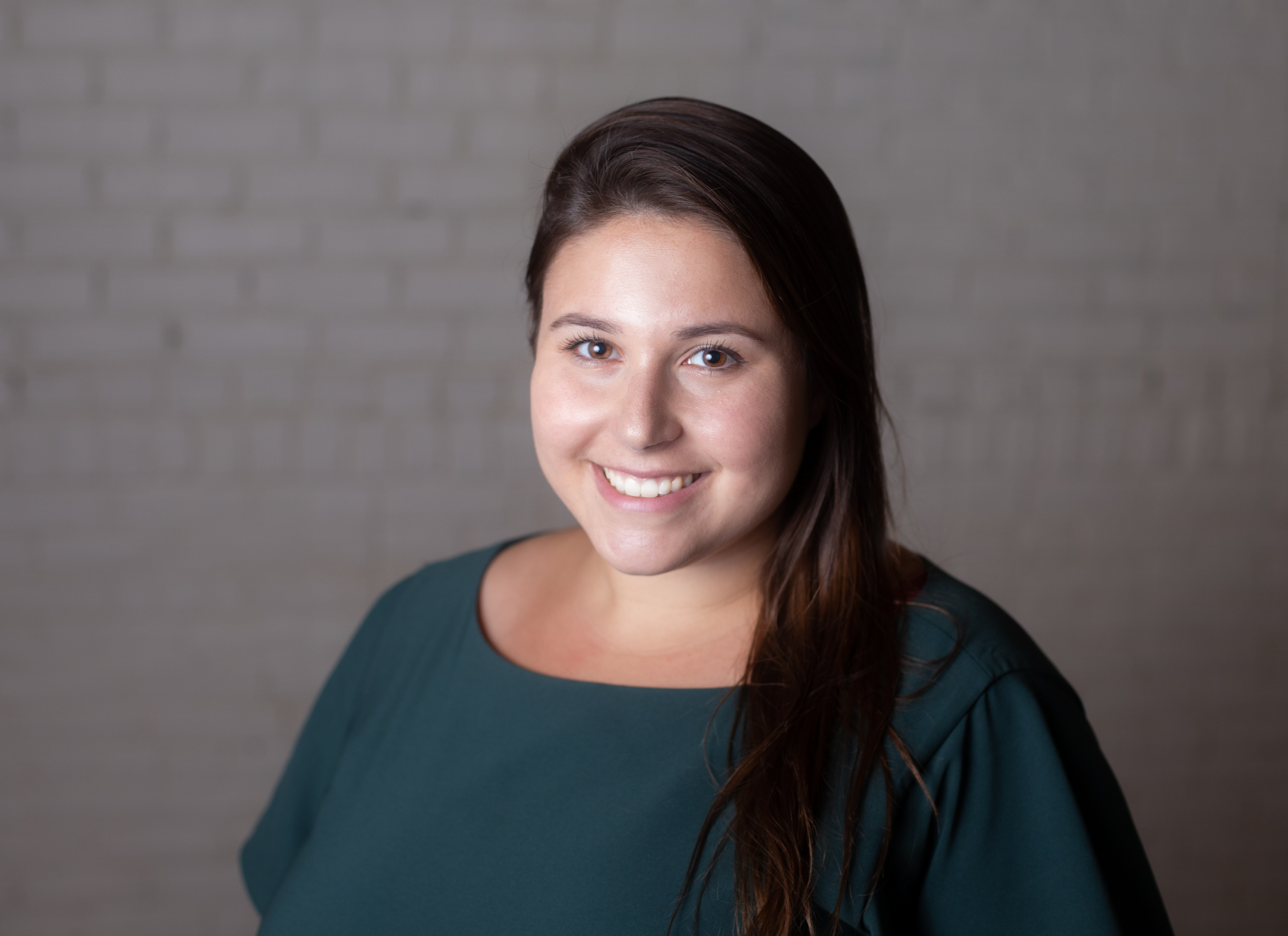Rebecca Liebman is the founder of LearnLux, an award-winning workplace financial wellbeing program that blends digital education, interactive tools and access to unbiased Financial Advisors. Her company has raised funding from Ashton Kutcher’s Sound Ventures and Salesforce CEO, Marc Benioff. Rebecca has been honored with accolades such as the 2016 Forbes “30 Under 30” list and LearnLux is a Fast Company’s 2020 World Changing Ideas honoree. She presents around the country at events related to the future of work, HRTech, Fintech, Women in business, impacts of financial stress in the workplace, and innovation in financial wellness.
What is your business and what do you do?
I’m the CEO of LearnLux — we’re a financial wellness company, helping employees navigate their biggest financial decisions. We have a comprehensive digital financial planning and guidance product that we distribute through employers for the 90% of Americans who don’t need or have a dedicated human advisor. Every day we think about how to improve people’s relationship with money.
What sparked your vision to launch your business?
I moved to Kenya in 2012 to do environmental work, but when I was there the mobile payments company m-pesa was taking off and I was able to see how many financial technologies worked in Kenya because there was no stable banking infrastructure.
I was fascinated by the number of ways people were creating access to financial services that haven’t worked in America. When I came back to The States I started working at a lab at MIT and was looking at trends and tendencies in financial services. My lab at MIT was brilliant PhD’s, but nobody could figure out how to open a retirement account. I realized that we needed a better way to help people make the right financial decisions — and that’s when I started LearnLux.
What has been your favorite failure and what did you learn?
I encourage our team to take big risks and I lead by example. In fact, one of our company core values is “Dare Greatly,” from the Teddy Roosevelt quote about being in the arena. The idea of this is that you try something so big that if it goes well can change your life positively – and if it doesn’t, it’s okay because you measure yourself on the intent. When you take big risks, you’re bound to have some big fails – and big learnings, too.
From doing this, you build the muscle of resiliency, which is a really important learning in startups.
What was your most memorable day of your career and why?
A short backstory – when we set out to democratize access to financial guidance for all, there were a few distribution models we considered. The consumer model was interesting, but we wanted to offer the program at an affordable (ideally free for the end user) price point, without ever selling data or pushing products. We built what is now “Financial Wellness for the Modern Workplace.” We chose to distribute through employers because so much of our financial lives are tied to our workplace – our paychecks, our healthcare, our retirement readiness, stock options, and more.
We had a handful of early adopters that believed in workplace financial wellbeing from the start, which was very exciting. But we knew to have the widest positive impact on how people feel about their money, we’d need to be enterprise-ready. After months of building the best unbiased financial wellbeing program on the market with white-glove Customer Service that would be a breath of fresh air for our HR buyers, that day came. We welcomed on a Fortune 500 company that was incredibly passionate about offering digital education, interactive tools, and access to human Financial Advisors to their employees. It was a great fit, and in their first three months on the program, the employer saw more than 25% of employees reporting a decrease in financial stress. As a company coming into the financial wellbeing space with new, fresh ways of doing things and going up against some massive incumbents, the day we got these results was incredibly memorable.
- How do you continue to learn so you stay ahead in your industry?
There’s rapid change happening in the HR technology and financial wellbeing spaces right now. I stay ahead of the trends and policies by learning from other industry leaders. I recently was on a HR Transform panel with leaders from Commonwealth and GreenPath to discuss financial insecurity in America. I’m passionate about the conversations around economic inequality and racial injustice that are happening in our country right now. It’s important to collaborate with a diverse and progressive group of tech, finance and employee benefits professions to stay on the cutting edge of what’s happening right now.
What is some bad advice you hear in your industry or with entrepreneurship that people should avoid?
The worst advice has been some variation of “You need more ____ to succeed.” The best? “If you wait until you’re ready you’ll be waiting for the rest of your life.”
I started a fintech company in college — I didn’t have experience at a big institution; I didn’t have time — I was taking classes; and I didn’t have money — I was in debt from going to a university. Everyone told me I should have more experience, more time, and more money. I’m so glad I didn’t listen to them because I could have made those excuses forever. You’ll never be ready to make a leap that big. In startups, there are a lot of decisions that have to be made with very few data points, so the theme of that quote continues to daily life now, as well.
Where can readers find you on social media? On twitter @bestofbecca & @learnlux and connect with me on Linkedin at https://www.linkedin.com/in/rebeccaliebman/.


